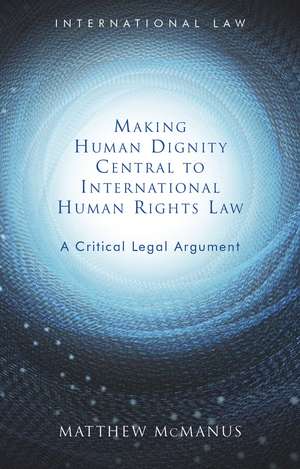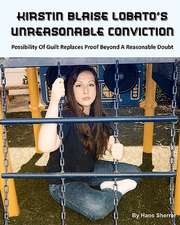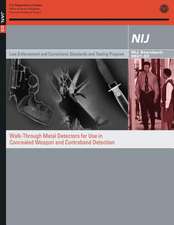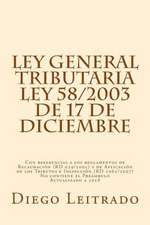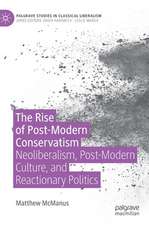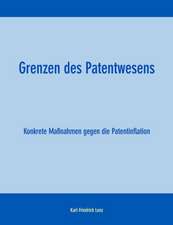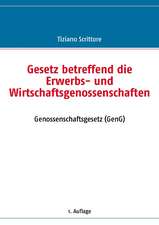Making Human Dignity Central to International Human Rights Law: A Critical Legal Argument: International Law
Autor Matthew McManusen Limba Engleză Hardback – 23 ian 2020
Preț: 672.99 lei
Preț vechi: 874.01 lei
-23% Nou
Puncte Express: 1009
Preț estimativ în valută:
128.78€ • 132.85$ • 107.47£
128.78€ • 132.85$ • 107.47£
Carte disponibilă
Livrare economică 05-19 martie
Preluare comenzi: 021 569.72.76
Specificații
ISBN-13: 9781786834645
ISBN-10: 1786834642
Pagini: 272
Dimensiuni: 140 x 216 x 23 mm
Greutate: 0.48 kg
Ediția:1
Editura: University of Wales Press
Colecția University of Wales Press
Seria International Law
ISBN-10: 1786834642
Pagini: 272
Dimensiuni: 140 x 216 x 23 mm
Greutate: 0.48 kg
Ediția:1
Editura: University of Wales Press
Colecția University of Wales Press
Seria International Law
Notă biografică
Matt McManus is Professor of Politics and International Relations at the University of Tec de Monterrey.
Cuprins
Acknowledgements 1. Overview of the Project PART I: Theorizing the relationship between human dignity and international human rights law 2. Dignity’s Contentious History 3. A Critical Legal Conception of Human Dignity 4. The State, International Human
Recenzii
"In this challenging and original work, Matthew McManus explores the unrealized potential of dignity. In pushing back on critical legal traditions where law serves as a tool of the oppressor, McManus endeavors to reimagine law as emancipatory and transformative. He reorients the international human rights project and demonstrates “how it could be used to establish a world in which human dignity was more broadly respected”. At a time of social anxiety and global uncertainty, Making Human Dignity Central to International Human Rights Law is a welcome contribution to the field."
"At a time when much of the post-war human rights project seems to be foundering on so many fronts, Matthew McManus offers us a timely and bold recasting of that project. Both analytically sophisticated and profoundly readable, this book makes a forceful case for placing a retooled concept of human dignity at the very heart of international human rights. It is an important and timely intervention that marks an original and compelling contribution to critical legal scholarship. It deserves to be widely read."
